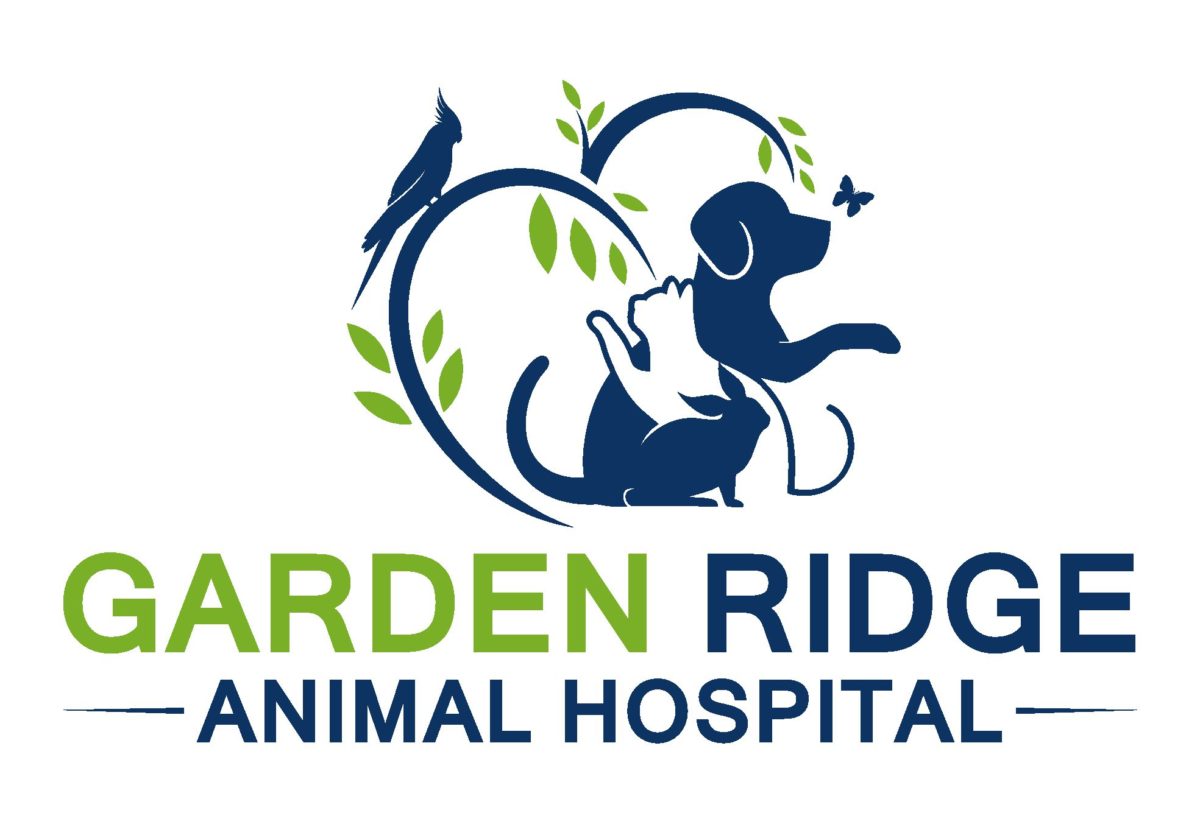I love Games of Thrones. I am looking forward to seeing the dragons again April 14 in the final season of the HBO series.
I was originally planning on writing an article about the veterinary care and husbandry of bearded dragons, a small pet species that I treat and enjoy. I also just watched the latest Jurassic Park movie that had an actual dinosaur veterinarian! And then I started imaging what it would be like being a veterinarian for the Game of Thrones dragons! So many veterinary principles would still be the same. Here are my thoughts on the care of this exotic “new” species.
While a bearded dragon (Pogona vitticeps) is small omnivorous reptile, originally from Australia and quite tame, the Game of Thrones dragons can be quite large, carnivorous, fire belching and quite vicious. So how would I take care of one if Daenerys asked for advice?
Diet: What is the optimum diet for a growing dragon? Sheep? Cattle? Humans? How many a day does one need to eat to optimize growth? I don’t think we know yet, but we would probably want “fresh” healthy prey, not frozen, canned in armor or ill meat (zombies). Do they ever stop growing?
Environment/temperatures: All the reptiles I see are cold blooded, and never do well in the frozen temperatures we saw north of the wall. I can’t imagine flying north is good for our dragon’s metabolism, but they seem to withstand it. Maybe they aren’t cold blooded? Maybe they generate their own heat internally since they breathe forth fire? And what if you are changed to an ice dragon? That may help withstand the cold, but then can Viserion tolerate the heat of Kings Landing?
Training: These dragons seem highly intelligent and very food driven. As a new puppy owner, I know I can get them to do a lot for food. I also know they are high energy and need lots of exercise. Dany figured that out the season when she tried to chain them up to not let them fly, and naughty behavior ensued. I wonder if you could use clicker training on them like Owen does for the velociraptors in Jurassic World? What about pheromones? They do seem calmer when around Dany and her Targaryen “scent” and Jon (spoiler alert), so could we bottle that smell and tame the dragons? They obviously can be voice trained as in the “dracarys” command to breathe fire, maybe we can teach them some less lethal commands such as sit, roll over, fetch.
Parasite control: Reptiles commonly get parasites from their prey, so I think dragons would be no exception. I imagine those hordes of Dothraki might have some parasites. We could certainly send out a fecal to look for parasites if we could find a fresh dropping. Or maybe the fire inside kills all internal parasites? What about external parasites? Maybe we could have Dany apply a topical dewormer on their back based on their estimated weights.
Nail trim: I don’t even want to try, but the Fear Free approach might have Dany conditioning them to allow foot exams, then gentle touching and eventually filing or Dremel tool. But maybe their nails should stay sharp to help them catch prey like a raptor? She should have addressed this training when they were small and perching on her naked shoulders. Ouch.
Reproduction: Well dragons obviously lay eggs. But are these 3 dragons related? Are we sure about their sexes? How does one sex a dragon? Does it matter is they are the only dragons in Westeros? Do we want to have more dragons? Couldn’t we just clone them like Jurassic World?
Euthanasia: The current euthanasia of reptiles is sedation, followed by injection of euthanasia solution directly into the heart. Even then it is a slow process. Freezing a reptile is considered inhumane. These dragons seem to have a weak spot for dragon glass. But when Viserion was struck with a magic ice spear, and fell into a frozen lake, she became an undead ice dragon. Winter is coming has just taken on a whole new meaning with more bad tidings. I have questions and where did I put that dragon glass just in case?
106 Veterinary Care of Dragons

